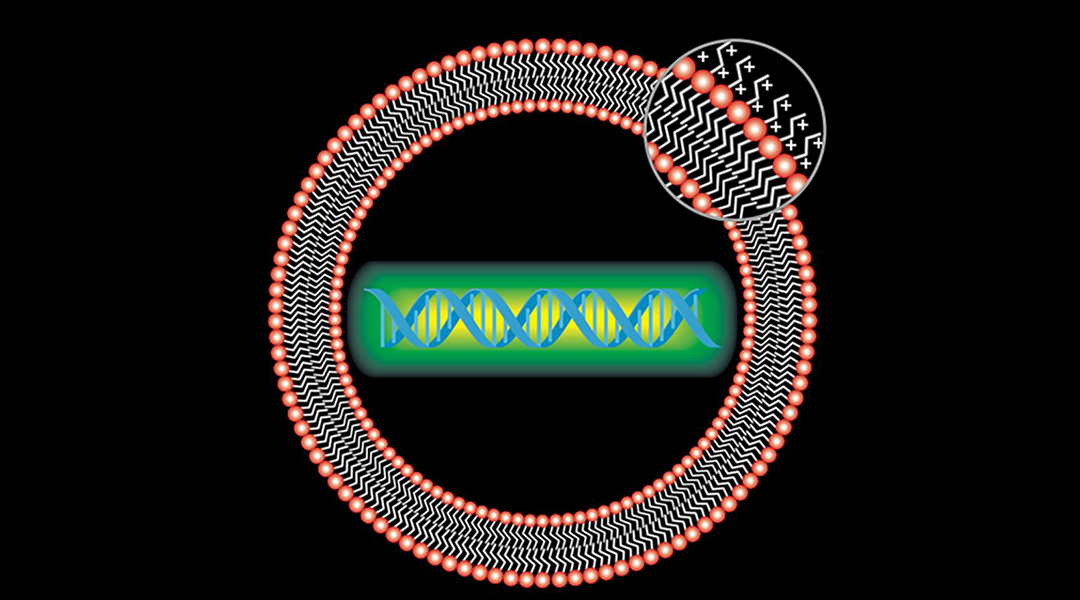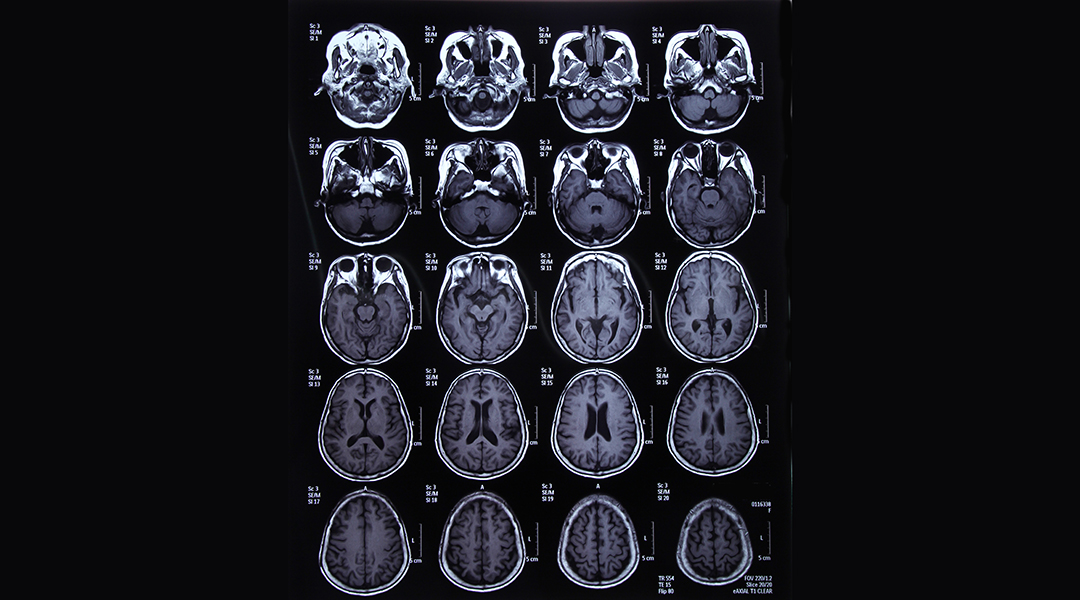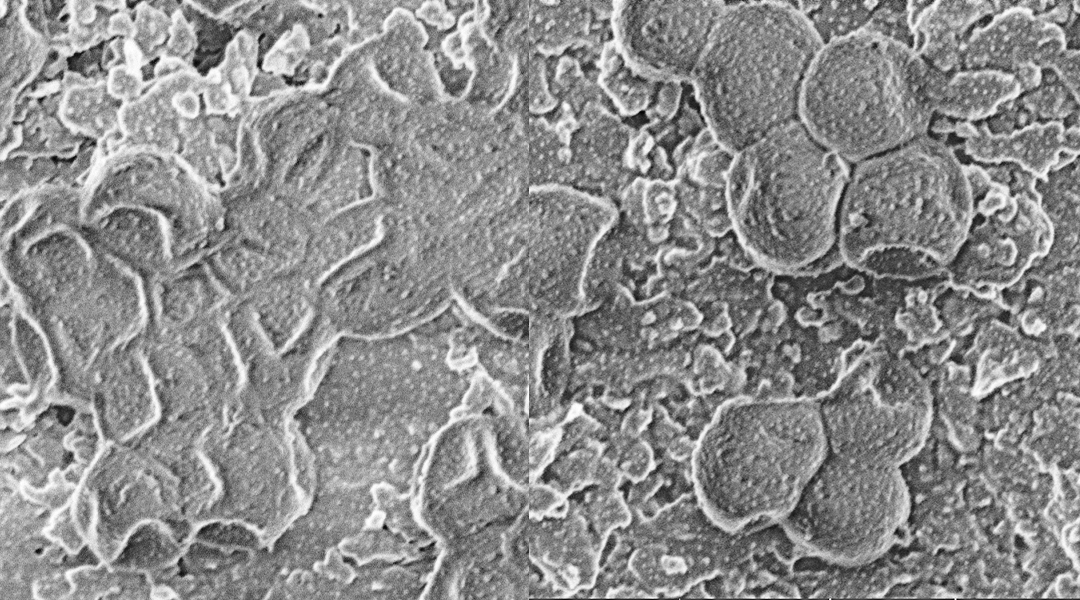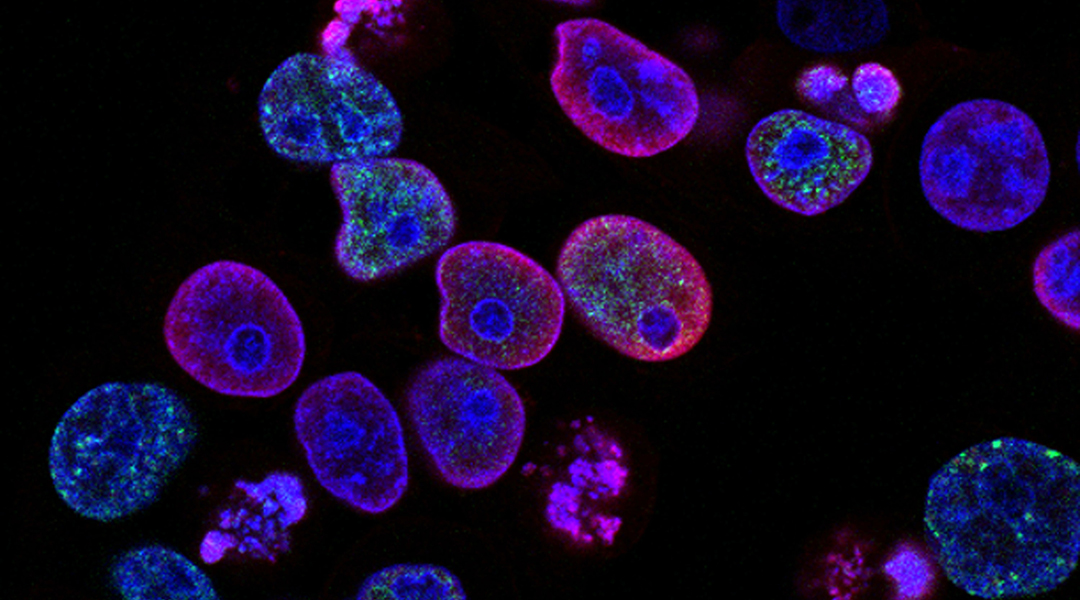Endometriosis is a chronic, painful condition that affects millions of women worldwide. Now, a new nanoplatform offers hope for early diagnosis and effective ablation of endometriosis.


Endometriosis is a chronic, painful condition that affects millions of women worldwide. Now, a new nanoplatform offers hope for early diagnosis and effective ablation of endometriosis.

Engineers find a neat way to turn waste carbon dioxide into useful materials for industrial products like fuel and plastics.

Lipitoids, which self-assemble with DNA and RNA, could serve as cellular delivery systems for antiviral therapies that prevent COVID-19 and other coronavirus infections.

Micro- and nanoparticle-based drug delivery systems are revolutionizing medicine, from minimizing the toxicity of therapeutics to improving their efficacy.

A new tool can diagnose sepsis in less than fifteen minutes, even with a very low concentration of biomarkers.

Flexible perovskite photovoltaic cells on ultra-thin glass achieve remarkable efficiencies under indoor illumination.

Researchers at Houston Methodist Research Institute discuss how quantitative, non-invasive imaging can aid in developing novel tools for diagnosis and therapy.

A new stretchable and conductive nanocomposite shows promise as a biocompatible material for correcting arrhythmia in patients.

Antibiotic-resistant bacteria are becoming a major global threat. Novel antibacterial nanomaterials offer a solution.

Researchers at the University of Munich have demonstrated a conceptually novel nanocarrier strategy in which the nanoparticles are both the cargo and the carrier.